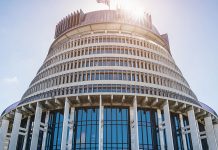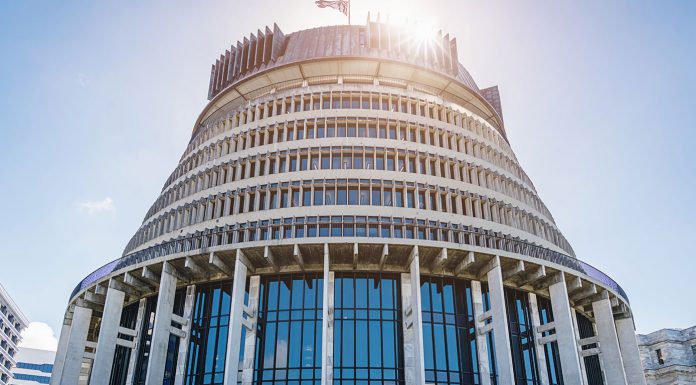Cost savings in health inevitably lead to a cycle of stressed staff, more mistakes, higher staff turnover, delayed treatment and poor quality care, says Public Health Association chief executive Warren Lindbergh as the association starts its annual conference today.
The conference follows a week of ongoing media headlines over concerns about district health board deficits, understaffing and delayed surgery, alongside speculation on which way Winston Peters will swing when coalition talks get underway.
During that week the New Zealand Medical Association also released its Health as an investment position statement that calls for a public debate regarding the level of health funding needed to fulfill the original aims of universal access to comprehensive public health care.
“Nearly 80 years ago New Zealand led the world when we established a public health care system that made health a universal and fundamental right – it’s time our political leaders invest in that promise,” said NZMA chair Dr Kate Baddock.
She said health spending must not be seen as a drain on the economy but as a boost to the economy that improves the lives of New Zealanders. Also required was a commitment to address the social determinants of health such as education, housing and poverty.
Last week NZNO associate professional services manager Hilary Graham-Smith endorsed that by calling for the new government to “get people out of living in cars and damp garages and ensure tamariki are physically and sexually safe”.
“This is not a 100-day aim, this is now, immediately,” Graham-Smith said.
Lindbergh said the PHA endorsed the NZME statement. “As long as government fails to address the underlying causes of illness – poverty, inadequate housing, uncertain work, and educational failure, the health system only will continue to require greater investment,” he said.
He added that cost saving – as the population grew, aged and became more diverse – simply resulted on greater pressure on health services which were now “way beyond reducing costs through so-called ‘efficiences'”.
The senior doctors union, the Association of Salaried Medical Specialists (ASMS), also welcomed the NZMA statement, saying the next government should ensure that spending on our public health service should be seen as an economic and social investment.
“This statement draws attention to international research that indicates other countries are achieving a return on investment of nearly $5 for every $1 of government spending on health,” said Ian Powell, executive director of ASMS.






















